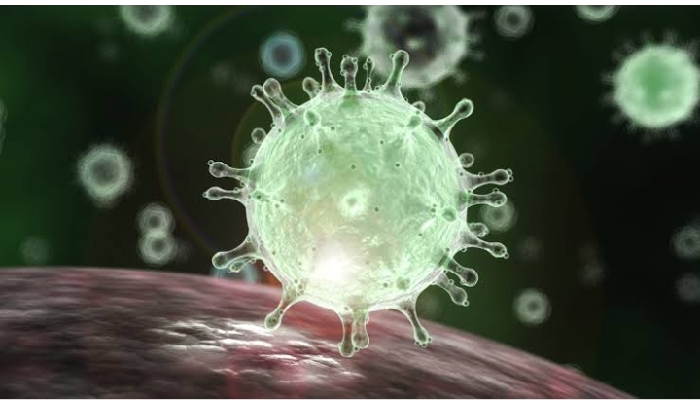Hyderabad, Feb 9: All India Majlis-e-Ittehadul Muslimeen (AIMIM) Asaduddin Owaisi on Saturday said Muslims in India are Muslim by their own choice.
His remarks came after Yoga guru Ramdev remarked that Lord Ram was the ancestor of Hindus as well as Muslims.
“I would like to tell him (Ramde) – keep your beliefs to yourself, imposing your beliefs is wrong. RSS and Sangh Parivar make such statements every time. We are Muslims by choice, nobody forced our ancestors,” Owaisi told reporters here.
On the sidelines of a yoga event in Gujarat on Friday, Ramdev had told media “The Ram Temple must be constructed. If not in Ayodhya will Ram Temple be built in Mecca-medina or the Vatican city? It is an undisputed truth that Ayodhya is the birthplace of Lord Ram and Ram is not only the ancestor of Hindus but also Muslims. This is not a political issue and nor a vote bank.”
The Ram Janmabhoomi-Babri Masjid dispute has been pending before the apex court for the last eight years. For a long time, parties in the case and various right-wing organisations have been seeking for an early or day-to-day hearing in the matter.
Recently, the Centre sought directions for releasing to the Ram Janam Bhoomi Nyas 67 acres of land, which it had acquired about two-and-a-half decades back, leaving untouched 0.313 acres of disputed area.






Comments
Sir, all are muslim by birth not by choice.
Add new comment